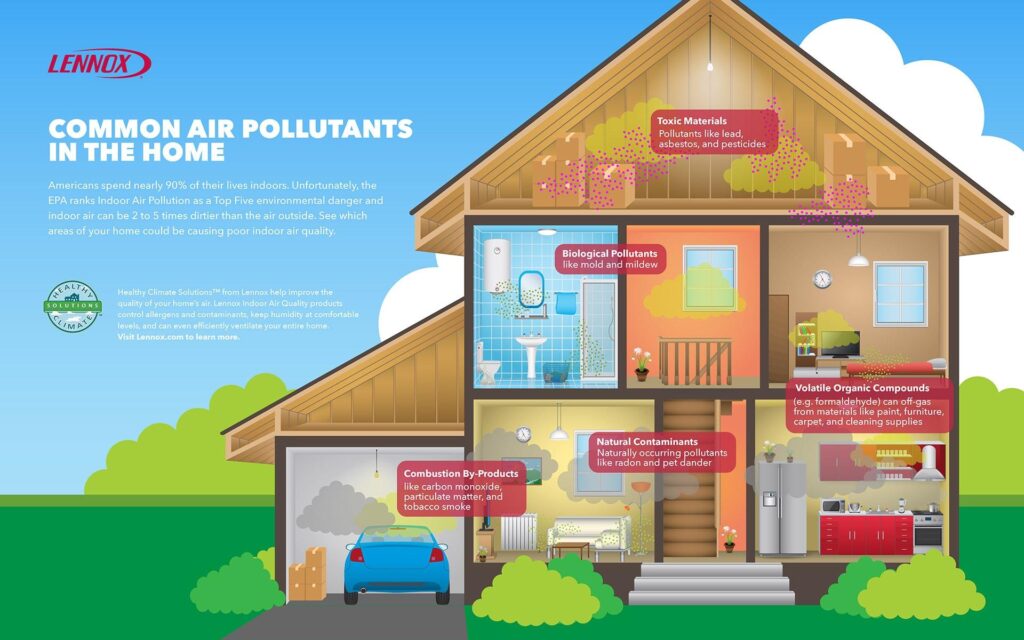Maintaining a healthy and comfortable living environment is crucial for our well-being. One often overlooked aspect of this is ensuring good indoor air quality. While we may not always notice it, the air inside our homes can become stale and accumulate pollutants over time. This is where airing out your house comes in. Regularly ventilating your home helps remove these harmful substances, creating a fresher and healthier atmosphere.
This article will delve into the numerous benefits of airing out your house, exploring the importance of ventilation and providing practical tips on how to effectively ventilate your home. We’ll discuss various techniques, including cross-ventilation, and highlight the positive impact it has on air quality. By following these guidelines, you can create a more pleasant and healthier living space for yourself and your family.
Benefits of Airing Out Your House
Airing out your house offers a wide range of benefits that extend beyond simply making your home smell fresher.
Firstly, proper ventilation helps to reduce the concentration of indoor pollutants such as dust mites, pet dander, mold spores, and volatile organic compounds (VOCs) emitted from furniture, cleaning products, and building materials. These pollutants can trigger allergies, asthma attacks, and other respiratory problems. By allowing fresh air to circulate, you effectively dilute these harmful substances, creating a healthier breathing environment.
Secondly, airing out your house helps regulate humidity levels. Excessive moisture can lead to the growth of mold and mildew, which can cause structural damage and pose health risks. Ventilation allows excess moisture to escape, preventing condensation buildup and reducing the risk of mold growth.
Finally, airing out your house can simply make your home feel more pleasant and inviting. Fresh air can boost energy levels, improve mood, and create a sense of spaciousness.
Importance of Ventilation
Ventilation is crucial for maintaining good indoor air quality and overall health. Without adequate ventilation, pollutants can accumulate to unhealthy levels, leading to various health issues.
The EPA (Environmental Protection Agency) recommends ventilating your home regularly to ensure fresh air circulation. This helps remove stale air, which can contain a buildup of carbon dioxide, dust particles, and other contaminants. Proper ventilation also prevents the concentration of moisture, reducing the risk of mold growth and structural damage.
How to Effectively Ventilate Your Home
There are several effective ways to ventilate your home and ensure good indoor air quality.
One of the simplest methods is opening windows and doors on opposite sides of your house to create a cross-ventilation effect. This allows for a continuous flow of fresh air throughout your home, effectively removing stale air and pollutants. Aim for at least 15-30 minutes of ventilation daily, ideally during cooler times of day or after cleaning activities.
Another effective method is using exhaust fans in kitchens and bathrooms to remove moisture and odors. These fans help prevent the buildup of humidity, which can contribute to mold growth and respiratory problems. Remember to turn on exhaust fans before showering or cooking and leave them running for several minutes afterward.
Cross-Ventilation Techniques
Cross-ventilation involves opening windows and doors on opposite sides of your home to create a natural airflow. This technique is highly effective in removing stale air and bringing in fresh air from outside.
To maximize cross-ventilation, open windows on both the north and south sides of your house, or on opposite ends if your home has a different layout. You can also open windows at different levels, such as one window high and another low, to create a more efficient airflow.
Air Quality Improvement
Regular airing out your house significantly improves indoor air quality by reducing the concentration of pollutants and allergens.
This leads to numerous health benefits, including reduced risk of respiratory problems, allergies, and asthma attacks. Improved ventilation also helps regulate humidity levels, preventing mold growth and creating a more comfortable living environment. By making airing out your house a regular practice, you can create a healthier and more pleasant space for yourself and your family.
Conclusion
Airing out your house is an essential practice for maintaining good indoor air quality and promoting overall health and well-being. By understanding the benefits of ventilation and implementing effective techniques like cross-ventilation, you can significantly improve the air you breathe and create a healthier living environment. Remember to air out your house regularly, especially after cleaning or cooking, to ensure a fresh and comfortable atmosphere for yourself and your loved ones.



